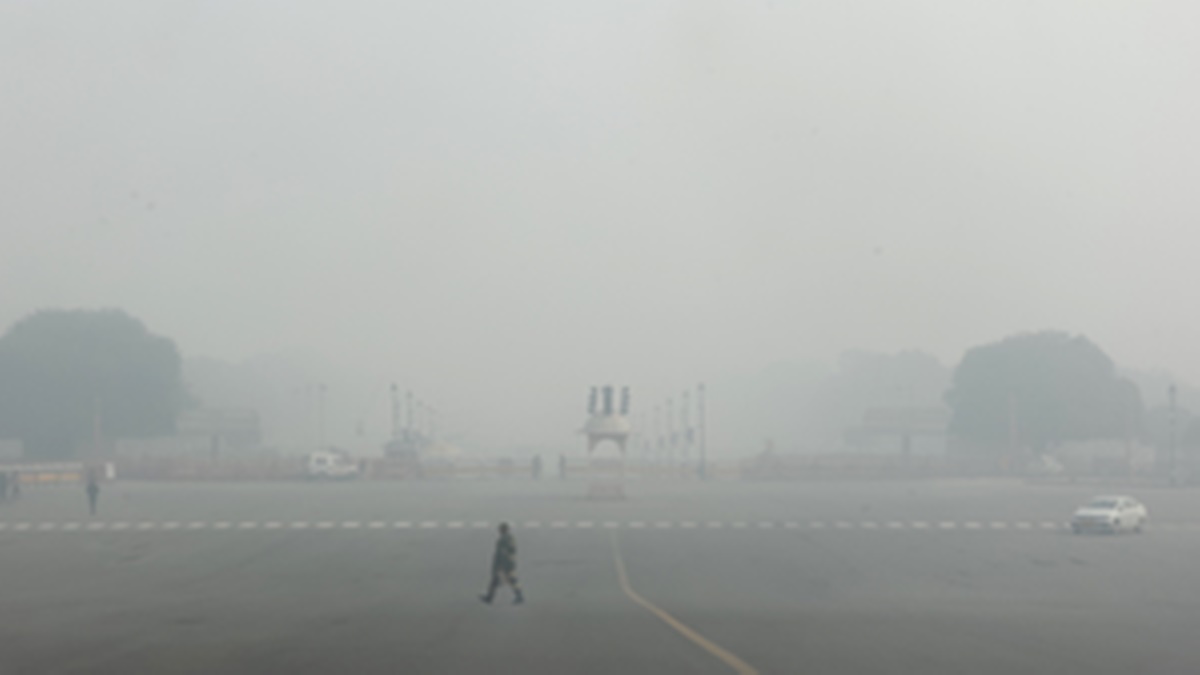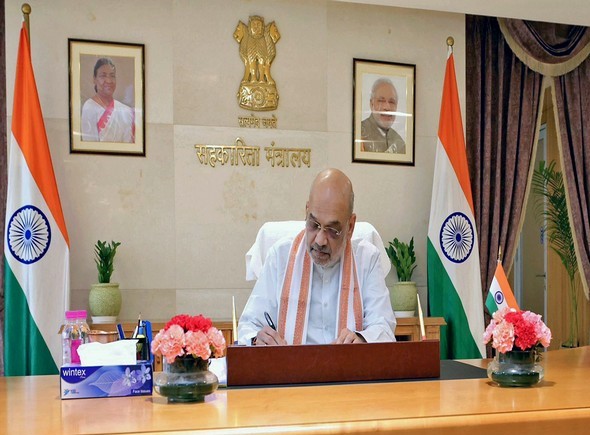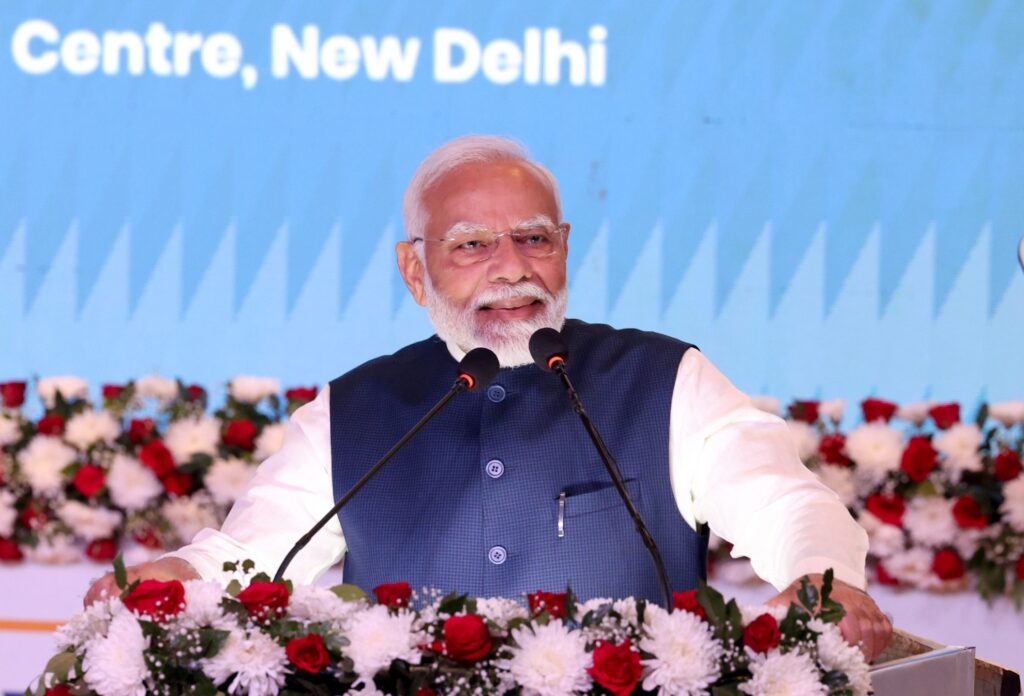“Dense fog” in Delhi brings visibility to zero, disrupts flights

A thick blanket of fog shrouded the national capital on Friday morning, reducing visibility to zero and disrupting daily life. The India Meteorological Department (IMD) recorded a temperature of 9.6 degrees Celsius at 5:30 am, with forecasts predicting a minimum of 6 degrees Celsius and a maximum of 20 degrees Celsius for the day.
The IMD categorized the fog as “very dense,” impacting transportation and public safety. At the Delhi Airport, flight departures faced delays, prompting the authorities to issue an advisory.
Hundreds of flights and trains have been cancelled or delayed due to thick fog in the past few weeks in North India.
The statement added that while flights equipped with CAT III technology were operational, passengers should contact their respective airlines for updates.
“Due to dense fog, there has been an impact on flight departures; however, CAT III-compliant flights are able to land and depart. Passengers are requested to contact the airline concerned for updated flight information. Any inconvenience caused is deeply regretted,” the advisory read.
The dense fog also exacerbated the already poor air quality in Delhi, pushing the Air Quality Index (AQI) into the ‘severe’ category. According to the Central Pollution Control Board, the AQI was recorded at 409 at 7 am, a sharp rise from 299 the previous day. An AQI above 400 is deemed ‘severe,’ posing serious health risks to residents.
In neighbouring Uttar Pradesh the AQI in Noida was recorded at 328 which is in the ‘Very Poor’ category, Greater Noida saw a ‘Poor’ AQI of 295 and Ghaziabad too was in the ‘Very Poor’ category as it touched 318.
In Haryana’s Gurugram and Faridabad the AQI was ‘Very Poor’ as it touched 303 and 317 respectively.
As temperatures plunged, night shelters across Delhi saw full occupancy, with homeless individuals seeking refuge from the biting cold. The Delhi Urban Shelter Improvement Board (DUSIB) set up 235 additional pagoda tents to accommodate the rising demand. Night shelters were established in areas such as AIIMS, Lodhi Road, and the Nizamuddin flyover to ensure relief for those in need.









